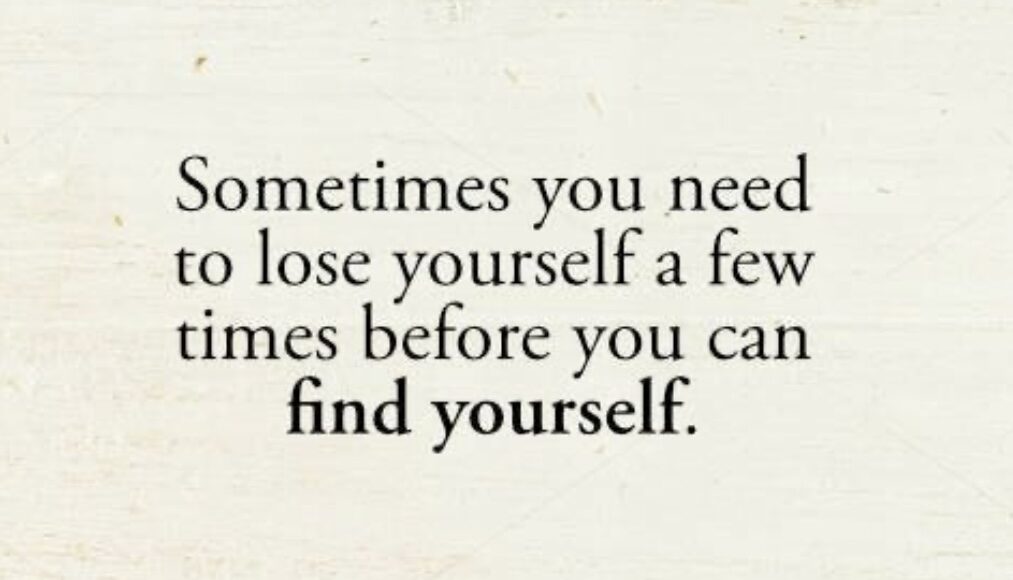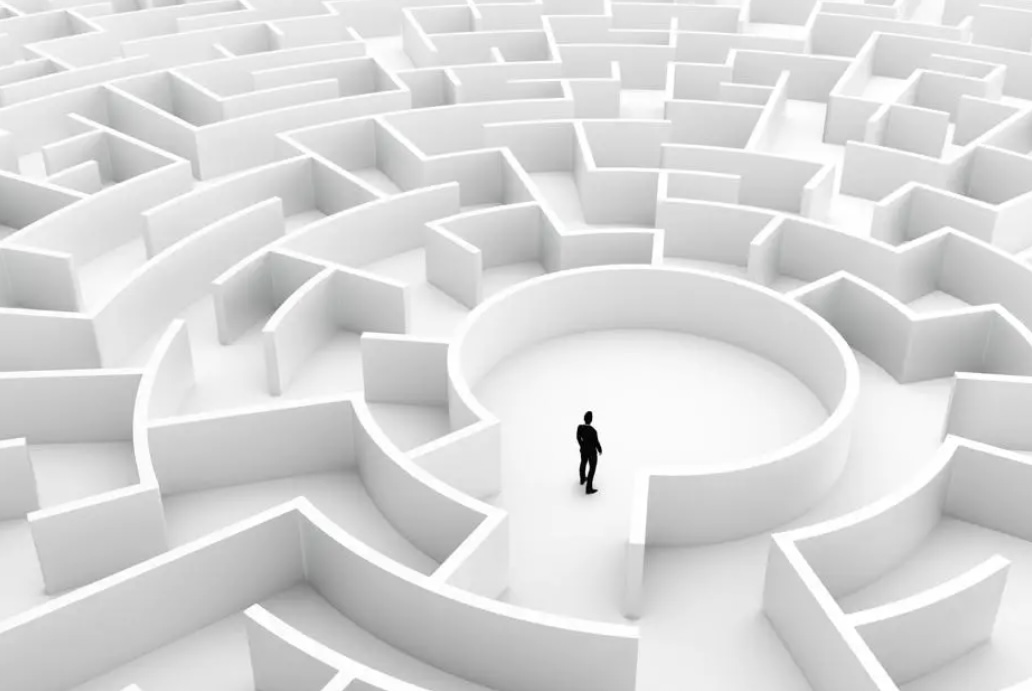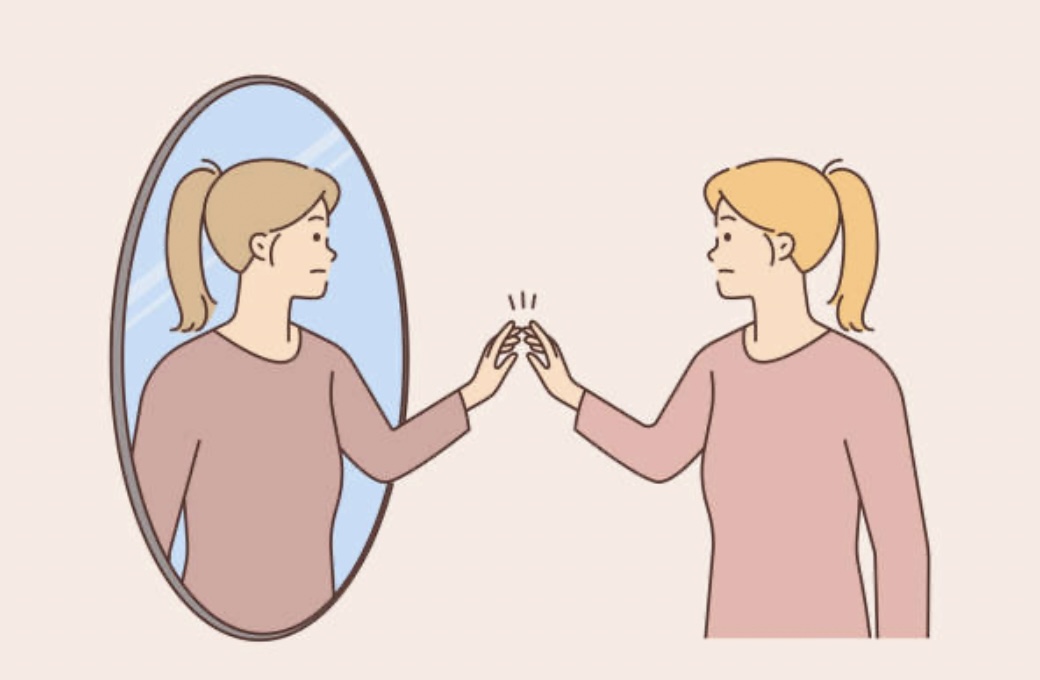By Polina Pallieraki,
We are taught to “know ourselves,” to “stay true to ourselves,” not to “get lost along the way.” Yet, life often doesn’t work that way. There are times when we get lost, when nothing seems familiar—not our goals, not our thoughts, not even ourselves. And that’s not failure, it’s necessary! Losing yourself sometimes, tearing down the certainties that define you, can be the first step to finding yourself again—this time, more truly. You may not discover who you are if you don’t first allow yourself to forget who you thought you were.
“Losing yourself” sounds like something you should avoid, but it’s often a necessary stage in the journey of personal development. The identities we build—the roles, the expectations, the habits—are not always authentically ours. When these constructions collapse, it doesn’t mean we’ve failed. It means creating space for inner renewal. As experts point out, a sense of “chaos” is often necessary to rediscover who we are beyond what we learned to be. Deconstruction is not a catastrophe; it is a beginning.

The period when you don’t know who you are anymore, but you haven’t yet found your new self, is terrifying. You feel like a stranger in your own body, without a compass or a destination. But this “in-between zone,” as uncomfortable as it may be, is a point of transition—a psychological rebirth. As experts emphasize, losing yourself can be a quiet, but profound redefinition. We don’t always need to find immediate answers. Enduring silence, uncertainty, and inertia is an act of maturation in itself.
When we get lost, the parts of ourselves we’ve been hiding often come to the surface: wounds, fears, desires, needs that had been buried beneath our daily “functionality.” Loss opens cracks—but through them light enters. According to testimonies, many people found their authentic selves only after first fully questioning everything they thought they were. In the loss of control, the truth emerges, without the filter of roles or expectations. Loss is not a collapse; it is an invitation to reconnect with ourselves, this time essentially.

Finding yourself again after losing it is perhaps the most important act of self-knowledge. You never return to the “old self”, you return to a new version of yourself, more authentic, more conscious. The feeling of being “lost” was not a weakness, but a passage. A cycle that matured you, softened you, taught you to listen more deeply. The feeling of being lost is part of the process of building the life you really want. And this new life is not built on certainties—but on truths.
Losing yourself is not shame, it is a sign that you are moving. We cannot evolve without going through phases where nothing is certain. Confusion, doubt, silence… are also part of the journey. Every time you tear down what you thought you were, you make room for something more true to be born. Perhaps, after all, it is not a loss of self, but a transition to a self that dared to change. And this change is deeply personal—and absolutely necessary.
References
- It’s ok to lose yourself sometimes. Medium. Available here
- Do you have to lose yourself to truly find yourself? Quora. Available here
- Why Feeling Lost Is Necessary to Build the Life You Want. Big Self SCHOOL. Available here




